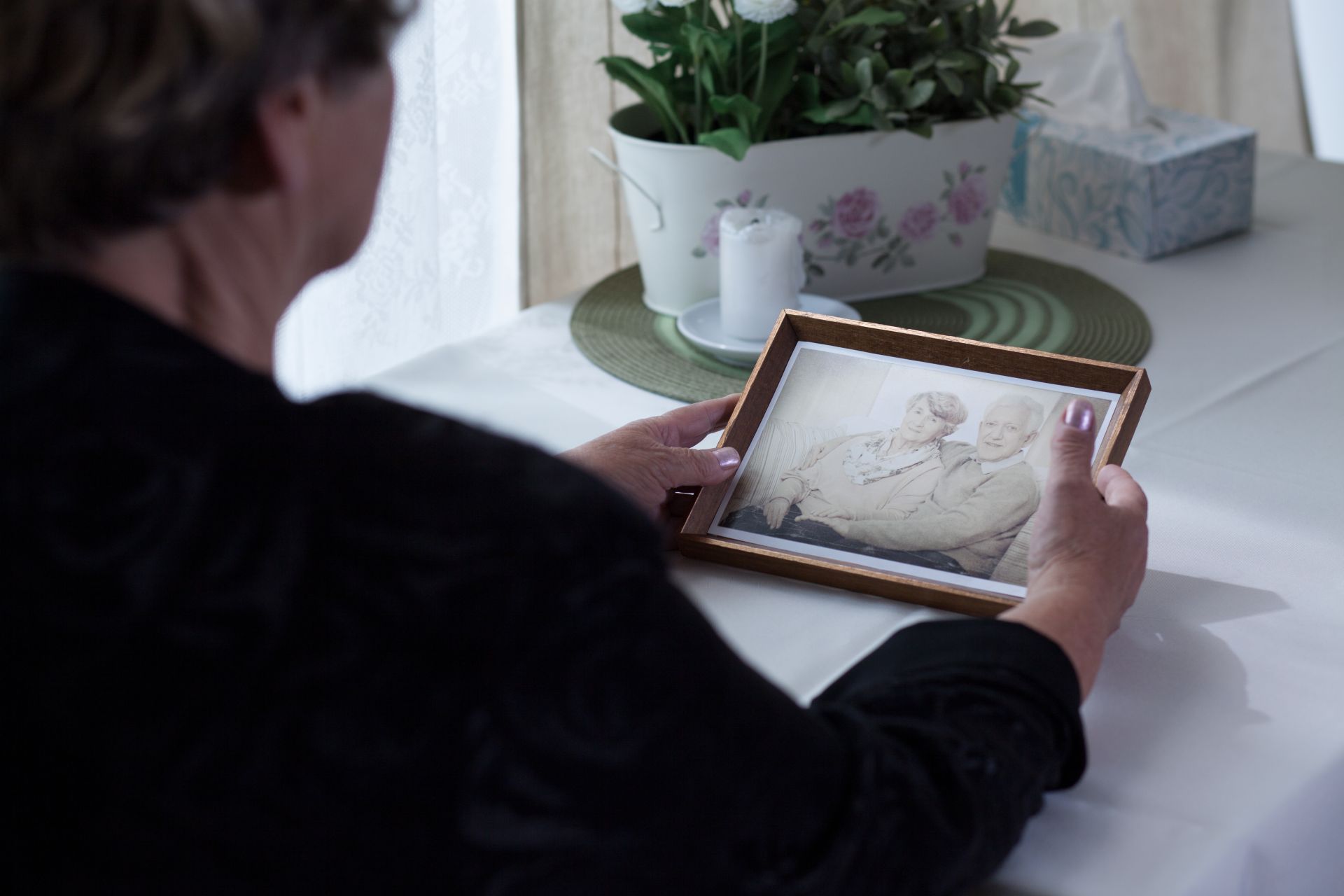Grief Resources
Grief Resources
These articles will help you understand something about the grief and how we can help ourselves and others through the difficult process.
These articles were written by Dr Bill Webster, our Director of Grief Education, and are part of a comprehensive library available on our Grief Journey web portal. Dr Bill is the founder and Executive Director of the Centre for the Grief Journey. He earned his doctorate at the University of Toronto in 1990, and has been awarded the prestigious Fellow in Thanatology by the Association of Death Education and Counselling (ADEC).
Dr Bill`s knowledge of grief is not just in theory, but from a very difficult personal experience. In 1983, Bill`s young wife died suddenly of a heart attack, leaving him not only to cope with his loss, but also to raise his 2 sons, who were only 9 and 7 when their mother died. Dr Bill has become a recognized author, a renowned international speaker and seminar leader, and brings 30 years of experience in the field of grief support and counselling.

Victoria Hospice
Offers many gatherings and grief support group sessions, they
have many resources to guide the bereaved towards healing
Hounaida Bellasfar
Local grief councillor, Hounaida has many years experience
working with grieving folks, she is calm and comforting in a difficult time. Offering
a 100$ discount on your first 1-1 session for all Earths Option families.


Crystal Daigneault
Crystal is a local clinical counsellor, she works in the
western communities although she's happy to assist all who live in greater Victoria.
BC Bereavement Helpline
A wonderful none of profit organization focused on
helping the bereaved find healing through their grief journey.


Sacred Grief
Shauna Janz is also a local grief support agent, starting her
practice in 2007 she bring a wealth of connections and knowledge to help guide grieving people.
Victoria Grief Resources

Heartfelt Books
Local authors writing their journeys through grief, offering a
different perspective and sharing tips for working through all the tasks that an executor is expected to do.


BC Victim Service
Supports for those who are victims of crimes, this includes
those who loose a loved one during a crime.
BC Crisis Line
Support phone line for those suffering from metal health concerns or complex grief.


